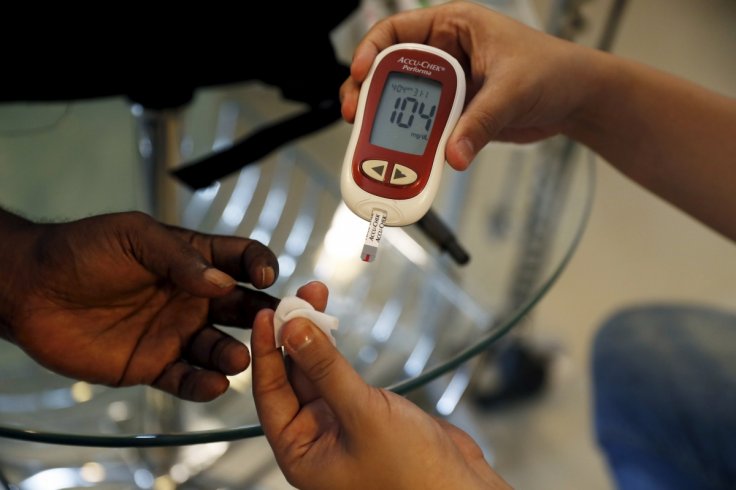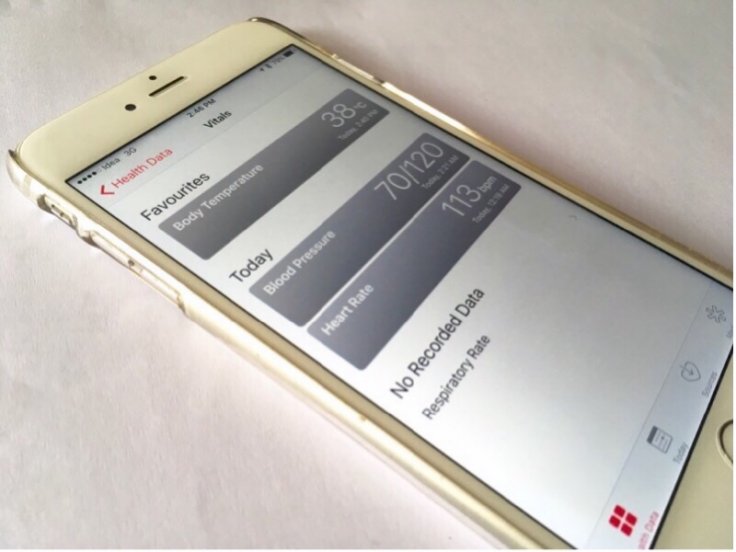
Singapore will ban advertisements of drinks with high sugar content, as the government is keen to tackle diabetes and certain high-sugar soft drinks and juices will be required to bear "unhealthy" packaging labels under the measures being rolled out over the next four years, said Edwin Tong, senior minister of state for health on Thursday.
Singapore's action appears to go further than measures in Mexico, Britain and Canada which restrict when advertisements for high-calorie food and drinks can be shown on television.
The ban will apply across television, print, billboards and online channels such as social media websites.
Wealthy Singapore has one of the highest rates of diabetes in the world, partly caused by its fast-ageing population and a culture of eating out at inexpensive hawker centres.
US Study
A US study examined over two decades of data from more than 192,000 men and women who worked in nursing or other healthcare jobs who never had diabetes at the start and found almost 12,000 people had developed the disease by the end and evidently all of them increased their consumption of sodas, juices and other sweet drinks over time.
They also found that when people replaced sodas, juices and other sugary beverages with other kinds of drinks, their risk of developing diabetes went down. Replacing one serving a day of sugary drinks with water, coffee or tea, was associated with a 2% to 10% lowering of diabetes risk.
The study said that it's possible that diet sodas and other artificially-sweetened drinks were tied to higher diabetes risk because people switched to these beverages after they developed diabetes or realized they were on track to get the disease, the study team acknowledges in Diabetes Care.
Researchers found that those who increased their total consumption of sugary drinks by a half serving a day over four years were 16% more likely to develop diabetes over the next four-year period. With the same daily half-serving increase in artificially-sweetened drinks, the odds went up 18%.

"Even though consumption of 100% fruit juices has been considered a healthy alternative to sugar-sweetened beverages because of the vitamins and minerals in fruit juices, they typically contain similar amounts of sugar and calories as sugar-sweetened beverages," said Jean-Philippe Drouin-Chartier, lead author of the study and a nutrition researcher at the Harvard T.H. Chan School of Public Health in Boston.
The study results "raise concerns about the negative health effects of sugary beverages, regardless of whether the sugar is added or naturally occurring," Drouin-Chartier said by email.
The researchers focused on type 2 diabetes in the study, the most common form of the disease, which is associated with obesity and aging.
The results should still serve as a reminder that even some sugary drinks that people think of as healthy - like orange juice - can still lead to elevated blood sugar and contribute to the development of diabetes, said Dr. Robert Cohen, a diabetes researcher at the University of Cincinnati College of Medicine in Ohio, who wasn't involved in the study. (Reuters)









